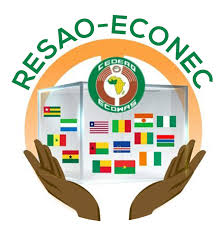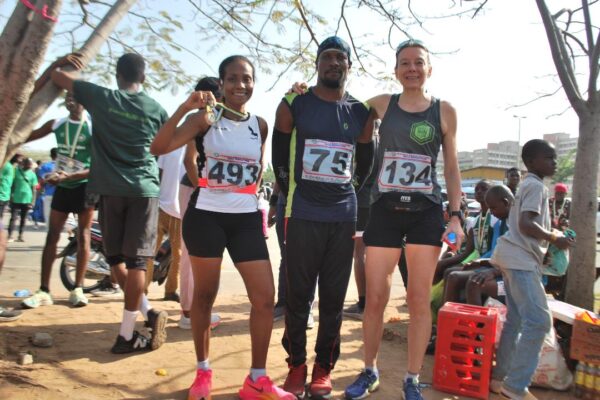
ECONEC to Use Nigeria’s 2023 Election Review as Benchmark for West Africa
By Kamal Yalwa: August 1, 2025 The ECOWAS Network of Electoral Commissions (ECONEC) says the findings and recommendations from Nigeria’s 2023 general elections will serve as a benchmark for improving electoral processes across the West African subregion. Speaking during a post-election follow-up and needs assessment mission to Nigeria, ECONEC President and Chairperson of Liberia’s National Elections Commission, Mrs. Davidetta Browne-Lansanah, said the recommendations will help guide reforms in individual election management bodies (EMBs) in the region. “We anticipate that during our engagement, we may be able to understand the reasons behind some of the issues that emerged from the 2023 elections and how INEC was able to navigate and find solutions,” she stated during the delegation’s visit to the Independent National Electoral Commission (INEC) in Abuja. Browne-Lansanah emphasized that ECONEC views the Nigerian experience as a learning opportunity for all member states. “We want to understand what happened, learn from your expertise in addressing the challenges, and apply those lessons to strengthen our own electoral systems.” She also expressed gratitude to INEC for its support to Liberia’s electoral commission, noting that Nigeria had provided essential materials and helped set up an ICT facility for her commission. “Through ECONEC’s principles and ideals, Nigeria responded to our needs. This mission is committed to learning,” she said. Responding, INEC Chairman Prof. Mahmood Yakubu acknowledged ECOWAS’ role in deploying both short-term and long-term observation missions during Nigeria’s 2023 general elections. He noted that ECOWAS made 37 recommendations following the polls—13 of which were directed at INEC, while 24 were meant for other institutions including the National Assembly, the Nigeria Police Force, and the National Broadcasting Commission (NBC). “The commission has reviewed all 13 recommendations requiring administrative action and has already implemented many of them,” Prof. Yakubu said, adding that other recommendations needing legislative changes are under review by the National Assembly. He noted that INEC had incorporated most of the suggestions into its own set of 142 recommendations for electoral reform, which were developed through broad consultations with stakeholders.



